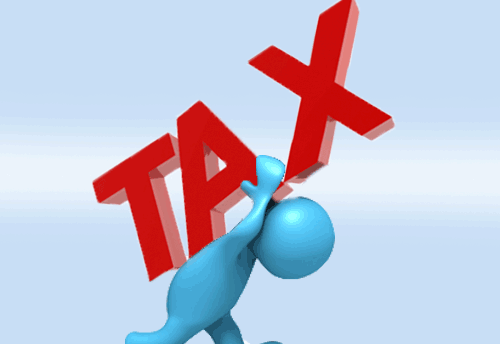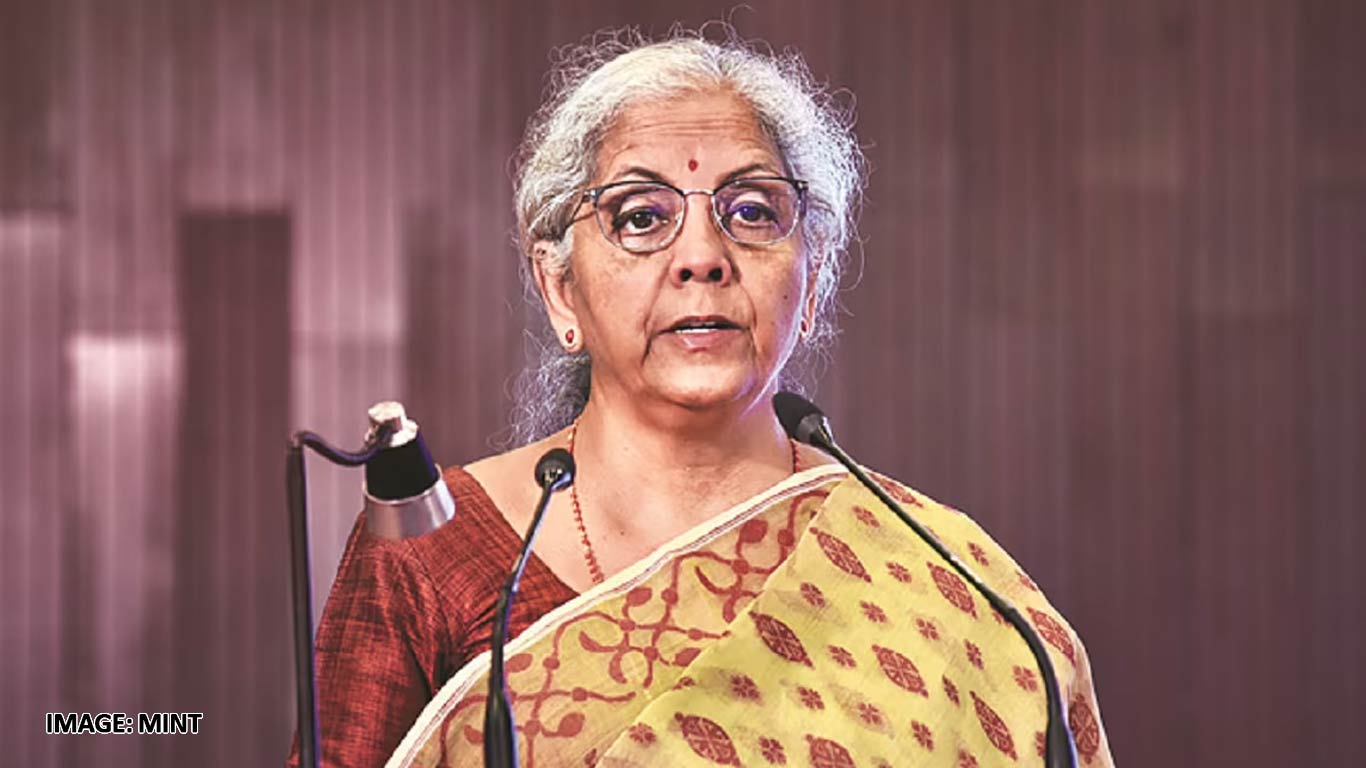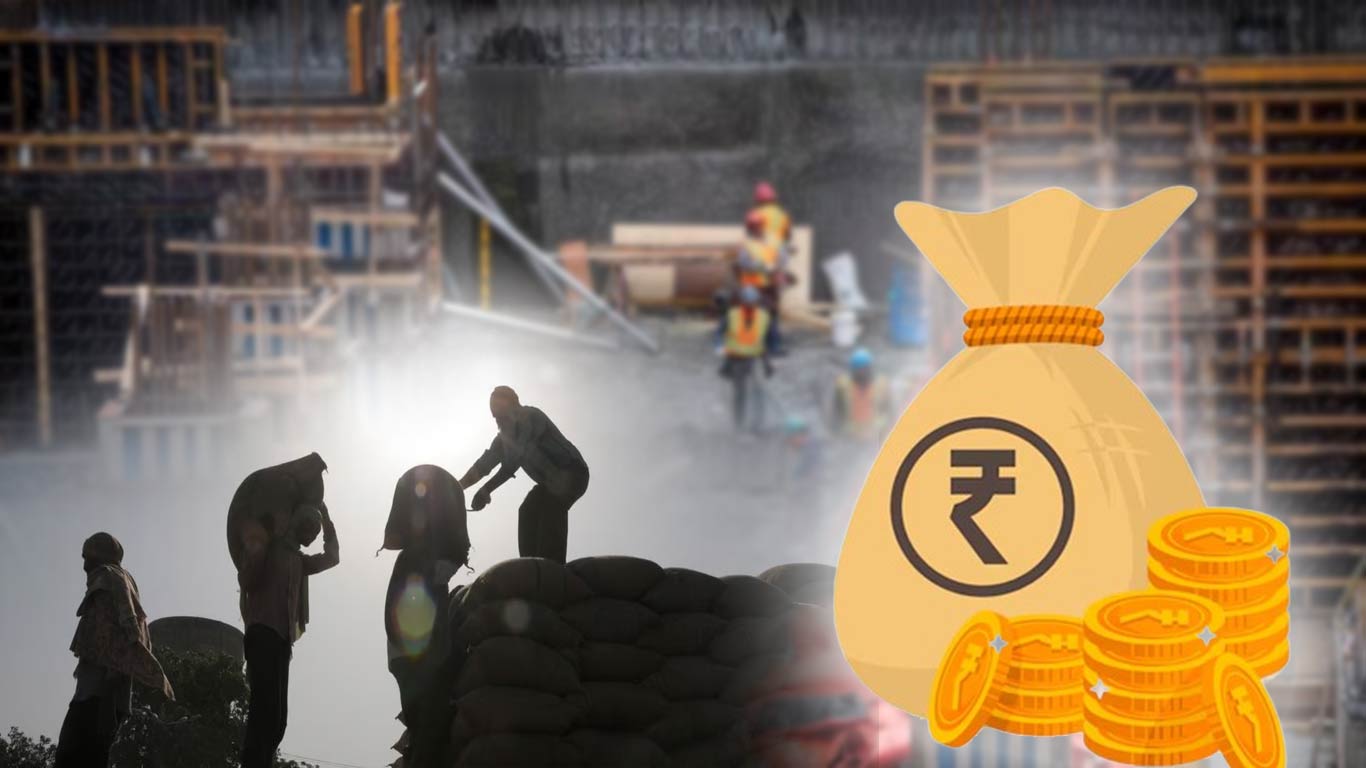Would the implementation of GST be as tough as its passage? Industry speaks
Updated: Aug 04, 2016 10:44:21am

Would the implementation of GST be as tough as its passage? Industry speaks
Mumbai, Aug 4 (KNN) Marking an end to the long and tumultuous debate on GST, the Rajya Sabha today approved the crucial 122nd Constitutional amendment to turn the bill into law. The Lok Sabha had already passed the key bill.
The bill will now go back to the Lower House to incorporate the amendments approved by the Rajya Sabha. The bill will also have to be approved by 50 per cent of all the state assemblies.
Meanwhile, soon after the bill got passed by historic unanimous votes in the Rajya Sabha, the debate over its implementations and impacts on different sectors especially the micro, small and medium enterprises sector is on. While the Revenue Secretary today indicated that the roll out target date for the GST is April 1, 2017, the challenges in implementing and accepting the Bill still remain a big worry for some.
KNN caught up with experts from national and regional level trade associations to get their views on the much waited bill.
V K Aggarwal, Past President, FISME, the apex body for MSME associations, said, “People are afraid of the GST mainly for compliance reasons. Another point is that so many clauses have been added to GST which are very severe and regressive, there are provisions like arrest, huge penalties etc. Also the GST administration can break open office, go for house searching. People are scary of these things.
The government should take the trade associations and business associations into confidence. Repressive provisions should be removed. They should not assume that businessmen are thieves and those who will run the GST are good people. The government should change its mind-sets,” he added.
The Federation of India Export Organizations (FIEO) President S C Ralhan said, “Implementation of GST is not a big deal because all political parties have supported it and even the states are not going to oppose it. But the big question is that what are the rules and regulations? The industry or the exporters are not aware of that. What will happen in coming time, nobody knows. That requires very detailed discussions at association’s level, Government officials to explain each and everything about GST. The biggest problem which we have foreseen in the implementation is that a lot of working capital will be blocked of the exporters remedy. As of today, it looks we will have to raise the GST even on our exports rights. Lot of dialogue needed to be held and till now nothing is cleared.”
The FIEO chief further said that, “All the Assemblies are meeting in winter and they can adopt it on that session only. But I doubt because if it is three months are left to explain the rules and regulations to the industries, then I think it is less time. To avoid any confusion among the industry, manufacturers and traders, the government have to explain the things.”
AIADMK was the only party which preferred to walk out rather than vote against during the voting for GST in the Rajya Sabha yesterday.
KNN spoke to AIADMK rule Tamil Nadu’s association TANSTIA to know their concerns.
C K Mohan, Vice-President of Tamil Nadu Small and Tiny Industries Association (TANSTIA) said, “Definitely it is a welcome move as it would bring ease of doing business and uniform tax structure. Being a manufacturing unit, we will definitely be in a position to compete with others equally everywhere.”
But on implementation part, Mohan said, “Most of the micro units still don’t have even a computer. In that respect it requires more time for creating awareness and implementing GST. So in that situation, they should give enough time for the things to get automated.”
He said there are doubts over the autonomy of the states because state would lose its power in collecting the taxes.
“So they feel that they don’t have freedom to collect tax. The share of any manufacturing state will go down,” Mohan added.
Asheer Kapoor, Managing Director, EPPS Infotech which works as a ERP (Enterprise Resource Planning) solution provider which is designed & developed to assist SMEs to run their business said “With the implementation of GST, there will be numerous changes not only in the taxation, but also in the consumption of the minutest item.”
“Companies across industries will now be on the lookout for an integrated ERP system that will support all their business requirements under GST regime. ERP vendors that offer a seamless transition to organizations in upgrading their existing system with GST will have a competitive edge in the market,” said EEPS MD.
Manish Goel, President, Indian Industries Association (IIA), Lucknow, said, “Under GST, all things are online from tax payment to return filing to billing. We don’t have good infrastructure of IT in MSMEs. Even the condition of electricity and net connectivity in rural areas are poor. Infrastructure needs to be improved.”
Union Finance Minister Arun Jaitley said a GST Council — a body that will have representatives of both Centre and States — will decide the rate of the tax but said it would “take into account the revenue requirements and the need" to keep it low. (KNN Bureau)











